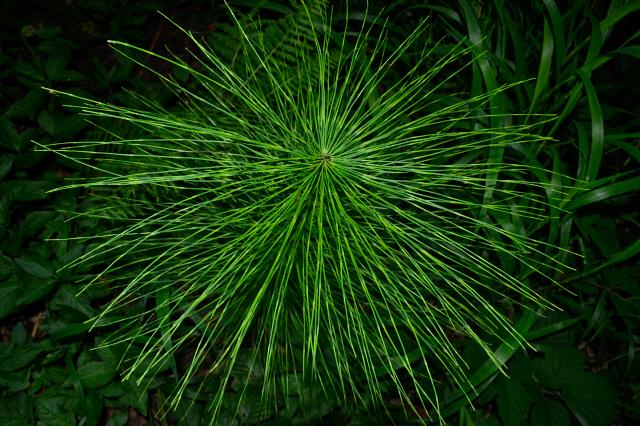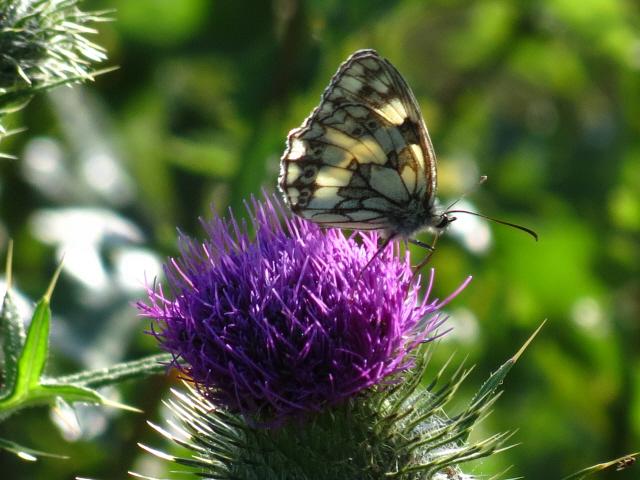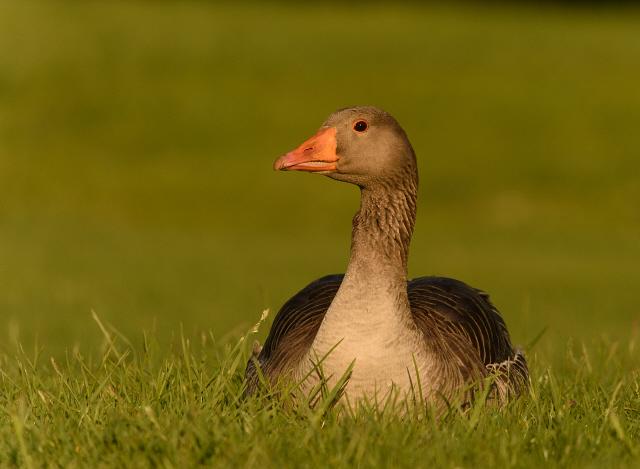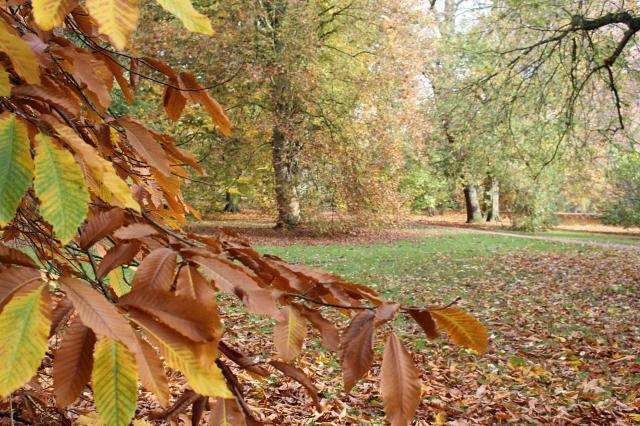If we want to protect our natural world, we need to nurture and develop the relationships between all the elements within it.
Scientists at the Environmental Change Institute (ECI) at the University of Oxford have been working with schools to inspire children and young people and explain the importance of nature to our lives and to give them a deeper understanding of environmental connectivity ahead of the introduction of the new Natural History GCSE.
Dr Cecilia Dahlsjö, Senior Researcher, said: “Our aim is to help protect the natural world, and to do so, we need to understand it. Children are our future and so we wanted to work with them in this project and spark their curiosity for nature and ecology.”
In partnership with The University of Oxford Botanic Garden and Arboretum, the researchers have created a video, featuring insights from experts at the university, which encourages viewers to explore and appreciate the natural world around them. It demonstrates how every component, from minuscule worms to the most vibrant flowers, contributes significantly to our ecosystem. Cecilia added:
This video is designed to educate and inspire, and is a compelling tool for schools, providing educators and students alike with a deeper understanding of environmental interconnectivity.
It also extends its reach beyond the classroom, inviting everyone to partake in this enlightening journey and to contribute to a more sustainable and interconnected future."

The video: From worms to flowers is not just an educational experience, it’s a call to view the world as a harmonious and interconnected system, where each part plays a crucial role in the grand tapestry of life.
The researchers have also developed an educational pack for families and schools, with hands-on activities and topics for discussion to help understand how the world of nature is connected. This includes suggestions on how to interact with and study soils, such as experiments that explore soil structure and a water absorption.
Also working with Cecilia is Jed Soleiman, a DPhil student in the ECI’s Ecosystem research programme and with the Leverhulme Centre for Nature Recovery. Jed said:
We wanted to produce this video to demonstrate the ample amounts of awe and wonder that awaits us at every turn in the natural world, and that you don’t have to go far to find it. Taking time to immerse yourself in nature can have incredible benefits, such as for our physical and mental wellbeing, as well as helping build the ecological literacy needed to successfully respond to the dual climate and biodiversity crises.”
The video was produced by the University of Oxford’s Cultural Programme and first shown as part of the Everything is Connected season, and has been promoted and shown by The Story Museum in Oxford. Jed added:
This initiative united academics, authors, and artists in a joint effort to envisage and educate about how all elements of nature are interlinked. But most importantly, this video has been created as a fun way to help children and families explore the nature found around them and to get your hands dirty!"

One of the experts featured on the video is Chris Thorogood, Deputy Director and Head of Science of the University of Oxford Botanic Garden and Arboretum, and a lecturer in biology at the University of Oxford’s Department of Plant Sciences. He is an ambassador for public engagement with plant sciences and a panellist for BBC Radio 4’s Gardeners’ Question Time.
Since the video was first shown last summer, Cecilia and Jed have been working with schools to find out how useful the educational pack is and how it can be developed.

The timing of the new schools’ resource comes as the Government prepares to introduce the new Natural History GCSE. It’s hoped the new qualification will be taught to pupils aged 14 to 16 by 2025, although the GCSE itself will need to be approved by the independent exams regulator Ofqual before then in order to be sure it is sufficiently rigorous and suitable.
The new Natural History GCSE will enable young people to explore the world by learning about organisms and environments, environmental and sustainability issues, and gain a deeper knowledge of the natural world around them.
They will also develop the skills to help them carve a future career in the natural world if they wish to – for example observation, description, recording and analysis, through sustained and structured field study.
The government believes the new qualification will make a difference in a number of key ways, and states: “Firstly, it will help pupils that take it to understand the world around them – and understand their impact on it and that of society at large. Fostering a love of the natural world will encourage individuals to make positive choices. But more than that, it will provide a new and clear pathway for young people to get into green careers.”

The ECI scientists have recently partnered with Kim Polgreen, a sustainability educator, who is the Youth Educator in Residence at Wytham Woods, Oxford University’s research woodlands and who is also Community Engagement Officer, for the ECI’s Leverhulme Centre for Nature Recovery. She said:
I'm interested to see what different age groups take from this video. The interconnectedness of life is something that is so much fun when you realise what is going on around you. Connecting humans into the web then becomes a really powerful concept."



